Need weekend plans?
The best things to do around the city, delivered to your inbox.
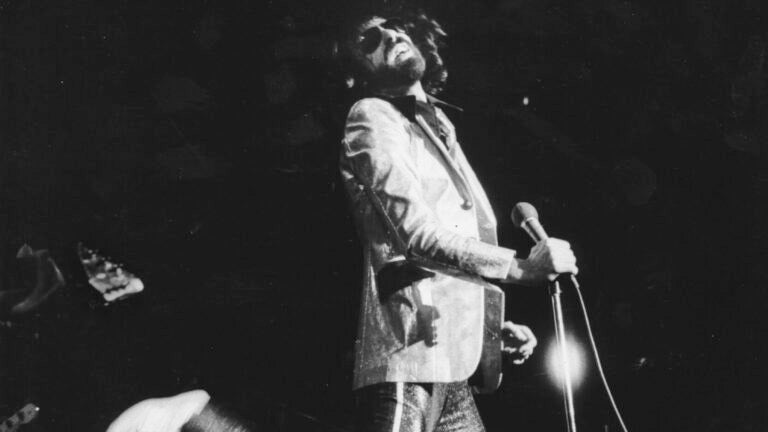
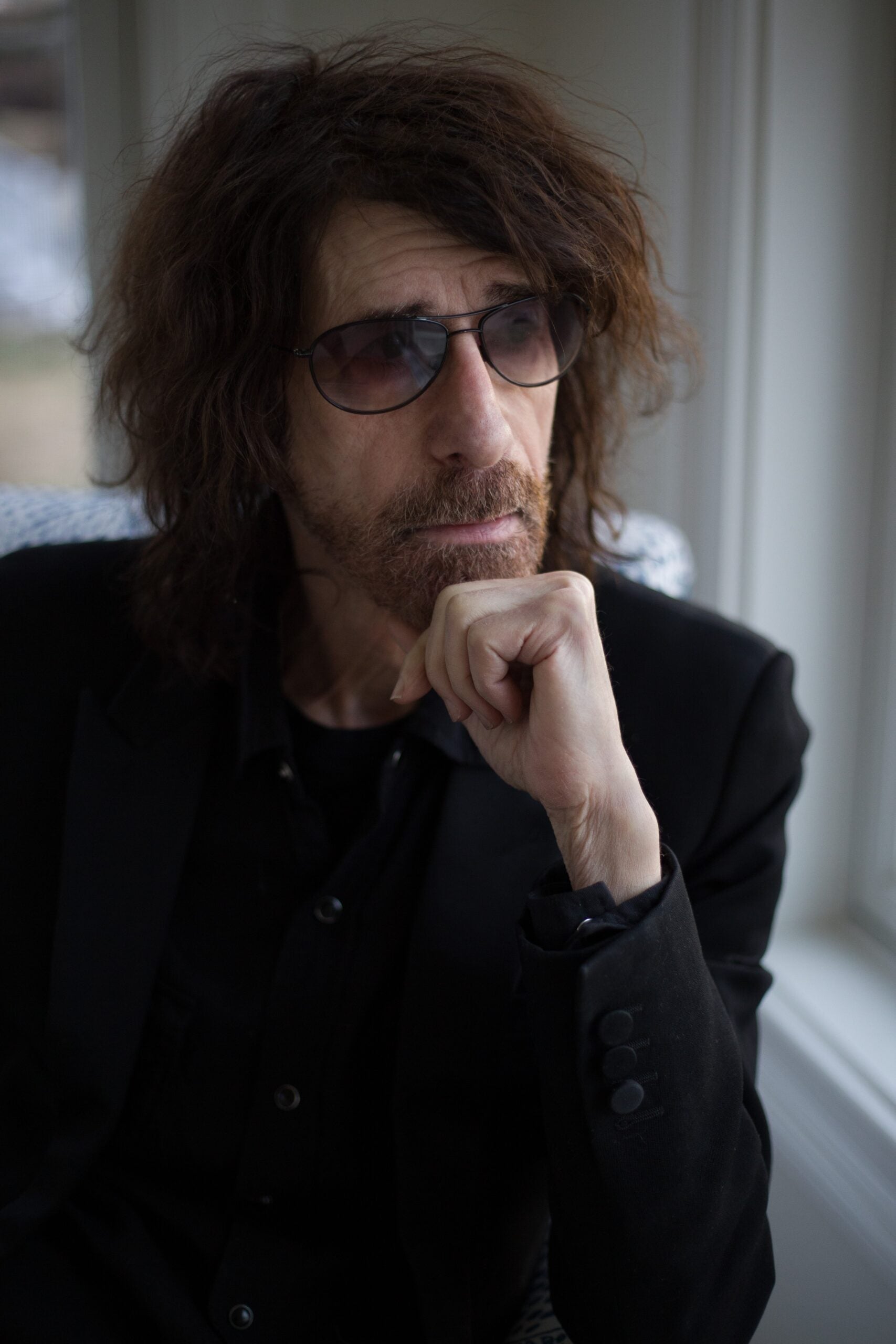
One Cambridge afternoon, Peter Wolf wanted to take buddy Van Morrison to lunch at a local Irish pub.
They walked into The Plough and Stars at 2:32 p.m., only to be told by a bartender that lunch ended at 2:30 p.m.
They said they’d eat anything. The bartender, back turned to them, wouldn’t budge.
“Annoyed, Van turned to me and said, ‘Let’s get the hell out of here,’” Wolf writes.
It was apparently then that the bartender turned around.
“From behind us came the voice of someone calling out, ‘Van! Van! Come back! We’ll serve you whatever you want!’ We turned and saw the bartender … I yelled back to the bartender, ‘Pour yourself a nice, slow pint of Guinness, and at approximately 2:45, take that pint and stick it right up your f— ass.’ Van and I howled at that all the way back in the burning heat, slouching toward Harvard Square.”
These are the kind of fly-on-the-wall tales you’ll get in Wolf’s fascinating — often hilarious— new memoir, “Waiting on the Moon: Artists, Poets, Drifters, Grifters, and Goddesses,” out March 11.
You will not learn his mother’s name. You will not learn his real last name — it’s Blankfield, for the record. You won’t learn what year that bartender story happened. Won’t read about “Centerfold” or “Freeze Frame.” Heck, you won’t hear about the rise and fall of The J. Geils Band — he was the frontman — until near the very end of the book. (Chapter 30: “Fratricide.”)
“Moon” is a memoir that doesn’t want to be. An all-killer-no-filler collection of wild tales, with Wolf as the Forrest Gump figure, both bearing witness and taking part in the action.
He lived with David Lynch in Boston. Married Faye Dunaway. Drank his first real Irish Guinness with Mick Jagger. Smoked hash with Peter Sellers. Ate lamb chops with poet Robert Lowell. Marilyn Monroe once handed him M&Ms.
His cast is a veritable Who’s Who of the 20th century: Bob Dylan, Eleanor Roosevelt, Muddy Waters, Alfred Hitchcock, Jean-Paul Sartre, Andy Warhol, Simon & Garfunkel, Pelé, Paul Newman, John & Yoko, Mick Jagger, Julia Child, Jon Landau, OJ Simpson, Eric Clapton, George Harrison, Willie Nelson, Merle Haggard … I’ll stop there.
This exchange from our interview captures his book’s vibe in a nutshell:
I ask about an interior photo of Wolf sitting poolside with Dunaway. Terry O’Neill’s photo of Dunaway alone — Oscar on table, surrounded by a flutter of newspapers — is one of most iconic Hollywood shots of the 20th century: “The Morning After.”
“I never knew there was another shot with you in it,” I told Wolf.
“Nobody did,” said Wolf, 79, in our recent phone interview from his home just outside Boston. “There I was.”
And that’s it: There he was.
I laughed in public listening to the audiobook which Wolf recorded himself. (Warning: people will move away on the T.) The former WBCN DJ is an actor here, bringing characters and dramatic turns to tehicnicolorful life with accents, inflections, and spot-on comedic timing.
There was that time he passed out drunk in Keith Richards’ closet at a beach house party, and Dunaway, frantic that Wolf drowned, had the Coast Guard scouring the ocean.
The time he scored an invite to dinner at Julia Child’s house — and the local chef served Pepperidge Farm Goldfish for a starter and Pepperidge Farm cookies for dessert.
The time he hung around Bob Dylan — a clear hero here — at a bar, drinking up Dylan’s wine every time he wasn’t paying attention. An unaware Dylan kept re-ordering.
The time his Boston roommate David Lynch brushed his teeth without realizing a cockroach was caught in the bristles. (“I heard a blood-curdling scream.”)
I loved the chapter on meeting music manager Dee Anthony at an Italian restaurant. Wolf’s portrayal of Dee reminded me of Paulie Walnuts in “The Sopranos.” After Dee is told they don’t serve the wine he wants, he shouts at a waiter:
“‘Where the hell is Mr. B? He’s letting this place turn into a s—hole! … Even the pasta sucks. It’s as limp as your —.’ … Dee threw a C-note on the table. ‘Let’s blow this joint…’”
There are poignant stories here, too:
Wolf was with Muddy Waters in Boston the night MLK was assassinated. It was Muddy’s birthday. A solemn Muddy “blew out the candles, his expression never changing. As the sirens grew louder outside, it wasn’t hard to imagine what his wish was,” Wolf writes.
And there’s a stranger-than-fiction argument with Sly Stone in a men’s room that feels lifted from a Lynch movie:
“It ain’t what you do, it’s how you do it,” Wolf tells Stone, in an off-the-cuff, banal remark.
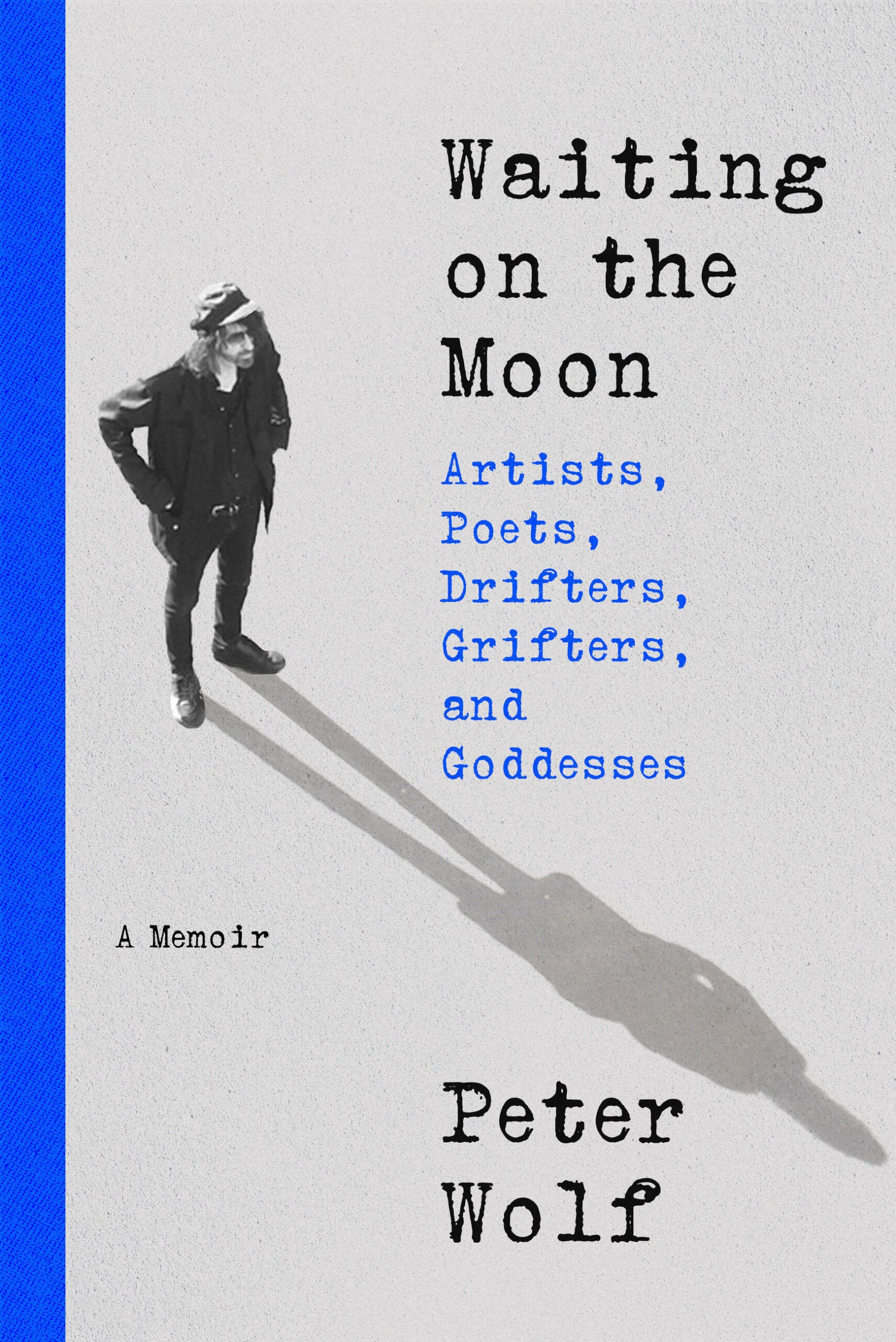
Suddenly, “Sly lowered his sunglasses till we were both staring at each other eye to eye. He stepped between me and the door and in that low, slow voice said, ‘Now, listen, man. Imagine you’re driving down a road … and you notice a paper bag … you drive over that bag, but it happens to be filled with babies … So you see, it ain’t what you do, it’s how you do it.’”
Sly unhooks a bullwhip from his belt and starts swinging, cracking the bathroom floor. “You killed them f—’ babies!” Sly screams and laughs, chasing Wolf down the hallway.
… Like I said: all killer, no filler, baby.
I called Wolf ahead of his book launch March 11 at First Parish Church, Cambridge hosted by Harvard Book Store ($38 includes book). He’ll be in conversation with his friend, writer Peter Guralnick — who, naturally, also pops up in Wolf’s book.
Peter Wolf: I’d been thinking about writing a book for almost 20 years. So many musician memoirs tend to feel the same: “I grew up and I bought my first guitar when I was…” I didn’t want to do one of those. I wanted to write a book where each chapter was an adventure, its own short story. If you’re interested in chapter 22, you don’t have to read chapter 14. They’re vignettes unto themselves.
The two things I didn’t want to write about were my marriage [to Dunaway] and The J. Geils band. Because what happened there was somewhat disturbing. But editors encouraged me to try it, and lo and behold, they got included.
No, it was more trying to not make it feel like a typical memoir. So I was dealing with my mother and father as characters, and not: I was born blah, blah, blah. None of that stuff.
Yeah, my grandmother used to call me that. It stuck.
William Faulkner would have chapter development on little cards on his wall. I thought that was a great idea. So I started writing out chapters on cards and pasting them up on the wall. I’d write them and send it out to the editor, or to [painter] Grace O’Connor and her sister Nora, who I dedicated the book to — they might say: “This chapter doesn’t seem as interesting.”
There were some dark chapters in there, of my growing up — some incidents that happened to me, muggings in the park, things like that. All that got cut, so the book had a brighter feel. At first I thought those were important, but now I’m glad the book has a certain style that stays true unto itself.
And Goldfish.
It was from a local fish shop. I happened to go to the party with the friend who owned the shop, that’s how I knew.
I was very honored to have his quote. We’ve been exchanging books for many years, and to have to have him do a blurb meant so much.
Oh boy.
Yeah, when I see him — he’s touring all the time. If I’m going to his show, I always bring something I think might interest him.
It was an art book, a collection of certain artists. We’ve done art books. We’ve done music biographies. I don’t like to get into specifics because he likes his privacy.
It was fun. The hardest one was Hitchcock. I didn’t want to imitate him, but tried to get the cadence right. That took a little time.
The chapter “The Wind” was tough [about his longtime girlfriend who died]. The Geils situation was an emotional one. And the idea that so many people I wrote about have passed on was an enlightening and sad situation.
A little bit, not much, because he was off on his transcendental meditation stuff between films, and I was on the road. But when we were in LA together that last time, we had a nice long meal with lots of wine and lots of laughter.
You’re right. Angel, we were very close. But she’d moved to Florida. We weren’t together [when she died]. But Edie, she and I were junior high sweethearts, and remained together for many years until she was killed in a tragic car accident.
Because I love these guys so much, the Don Covay story. And the story of John Lee Hooker in the hotel room watching “Lassie” — that was always such a big kick for me. Writing it, I had such a big smile on my face.
I can’t say there’s a particular favorite — when I first got to Boston, living with David [Lynch]. When my first band, the Hallucinations, were practicing for John Lee Hooker. They’re all just reminiscent of a special time and place when these great artists were coming to town. There were so many great clubs in Boston then — jazz clubs, folk clubs, blues clubs.
She was a big important political person during those years after FDR died. She had a column, a radio show, so getting to meet her was an exciting event — then there were all the mishaps I talk about. It was a comedy of errors.
It was like: “Take this job and shove it.” The record I put on, the title was poignant: “I’ve Had It” by the Bell Notes.
No. They never knew how it happened.
Oh, yeah. You know, he’s such an interesting person. That was an unpredictable turn of events, shall we say.
No. I’ve seen him many times since. It was just never discussed.
I hadn’t. When it was on, I was so busy — I’m also working on a record, new album — and so when it premiered, I wasn’t able to catch it.
I woke up, people were all on the balconies looking. Keith Richards said “Wolfie! Everyone thinks you drowned!” I go, “What?” It was very Huck Finn.
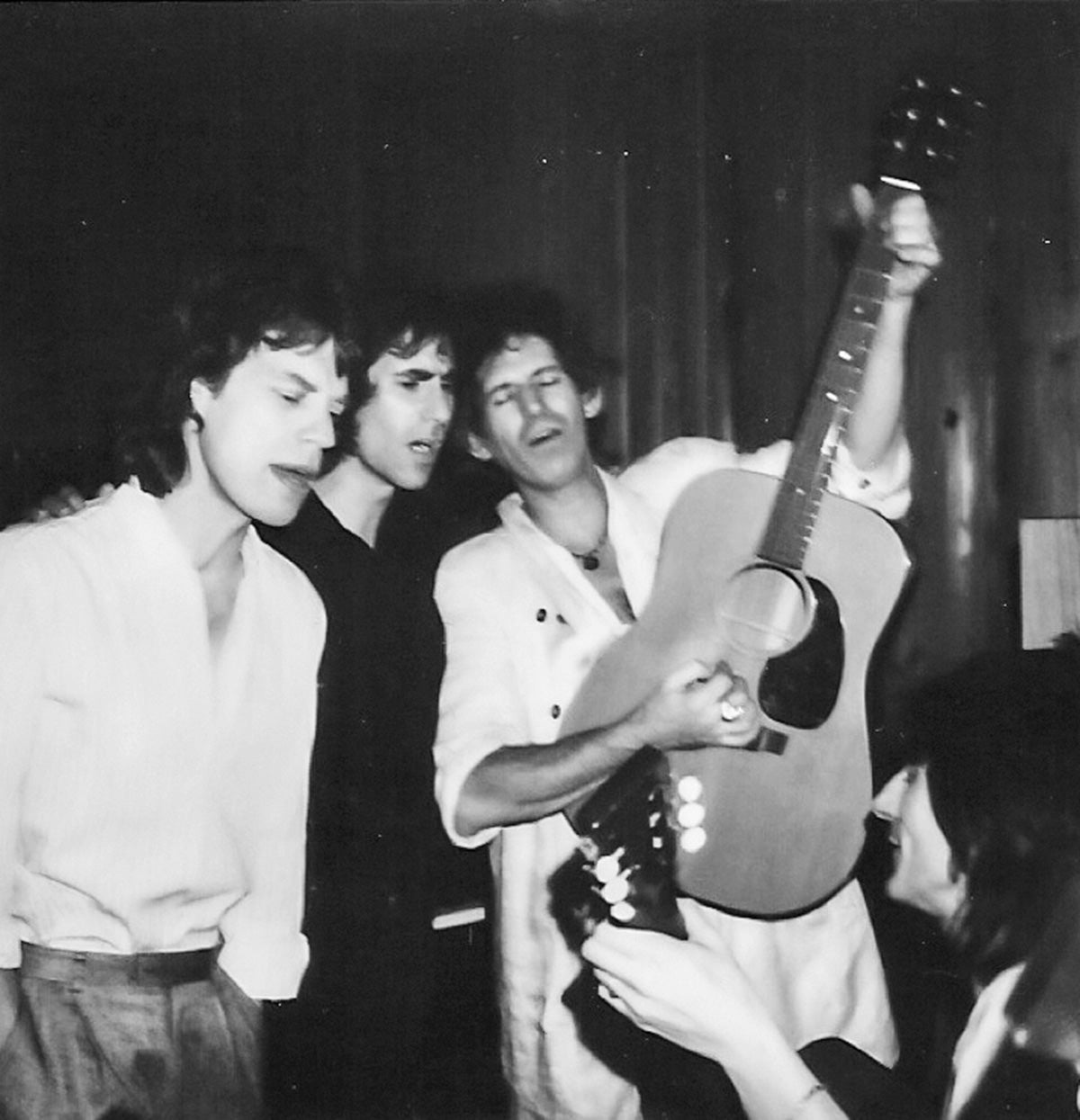
I deserved it. Charlie was one of the sweetest, gentlest characters. We were all seven sheets to the wind. I consider it a love-tap.
Well, I was putting out solo CDs. Not to sound self-congratulatory, but I thought each one got better and better— but they weren’t finding an audience. I thought a book might encourage people to check out the other stuff. So basically, the intent of the book was to find a wider audience.
Interview has been edited and condensed.
Lauren Daley is a freelance culture writer and regular Boston.com contributor. She can be reached at [email protected]. She tweets @laurendaley1, and Instagrams at @laurendaley1. Read more stories on Facebook here.
The best things to do around the city, delivered to your inbox.





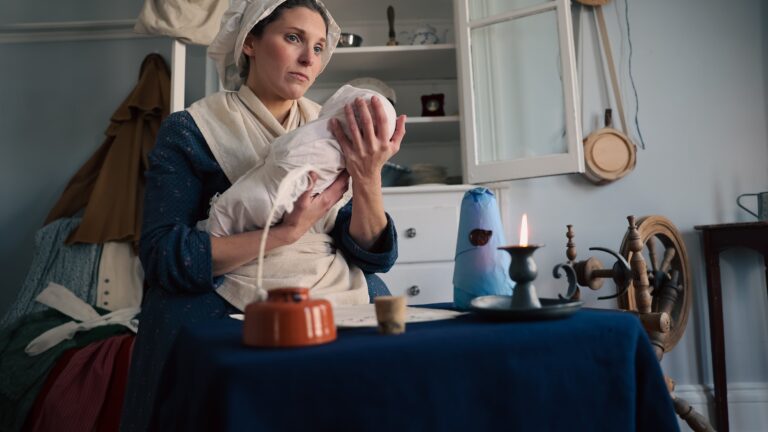
Stay up to date with everything Boston. Receive the latest news and breaking updates, straight from our newsroom to your inbox.
Conversation
This discussion has ended. Please join elsewhere on Boston.com